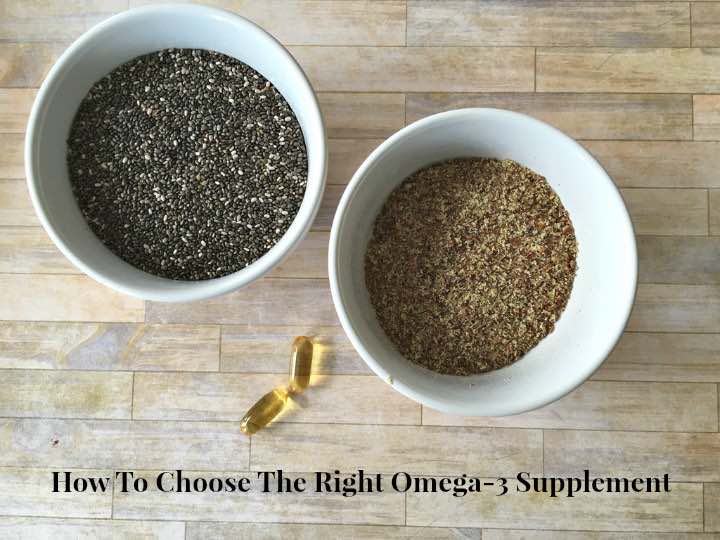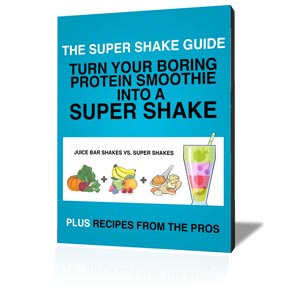Nothing feels appetizing about eating salmon. While you might occasionally enjoy a good tuna salad the idea of just eating a grilled piece of fish does not appeal to you. Your memory turns back to the smell of the canned salmon your granny used to make fish cakes. Your stomach turns at the thought of the oddly pink flesh (and the occasional bone) being mixed with egg and saltines. No one is making you eat a fish cake before you can leave the table anymore! However the recommendations of health experts to eat fatty fish twice a week amounts to the same level of punishment in your mind. You much prefer milled flax seeds in your morning smoothie or chia seeds in your oatmeal. The box boasts how much omega-3 essential fatty acids a serving contains, making you feel pretty confident in your choices. Won’t my daily seed habit be enough?
Not even close.
Why salmon and not the plant-based alternatives? It comes down to the “3” in the label omega-3 fatty acids.
Omega-3 fatty acids are made of three different components: docosahexaenoic acid (DHA), eicosapentaenoic acid (EPA) and alpha-linolenic acid (ALA). All of them are important in fighting inflammation, brain health, cellular function, metabolism and perhaps even cancer prevention. Only ALA is actually “essential”, meaning the body can’t synthesize it. ALA is plentiful in plant-based sources like flax, chia seeds and hemp. Your body can actually make EPA and DHA from ALA. The problem is that it is a very inefficient process, making much less than you need for optimal health.
I’ve been doing some recent reading on supplements from one of my favorite experts, Dr Tierona Low Dog. I learned a fun (?) fact in her new book Fortify Your Life recently. Women are less efficient at synthesizing EPA and DHA from ALA than men. As if that weren’t unfair enough, we become even less efficient at synthesizing EPA and DHA when estrogen levels drop due to menopause. This makes it even more critical that women either eat their fish (yuck) or take an omega-3 supplement. (Don’t worry, I’ll share more of Dr. Low Dog’s supplement insights in future blog post.)
How do I choose the right omega-3 supplement for me?
The good news is Omega 3 supplements have come a long way. No one is going to force you to drink cod liver oil or suffer through fish burps. In fact there are so many choices it may seem very confusing to try to pick an omega supplement. Based on Dr. Low Dog’s advice (from pages 228, 229 of Fortify Your Life) here is what you need to look for in your choice of omega supplement:
- 400-800 mg EPA
- 200-500 mg DHA
- Approval of product by a 3rd party for quality. (She recommends the International Fish Oil Standards Program or GOED.)
Based on these recommendations I would recommend looking at Nordic Natural’s Omega-3 or Barlean’s Fish Oil. Both of these have a 5 Star Rating from the International Fish Oil Standards and are moderately priced.
But what about those of us who don’t want a fish based omega-3 supplement?
You need to get your omega 3s from the same place the fish do – algae. I personally use Ovega -3. You’ll need to take two a day to meet Dr Low Dog’s recommendations but I think it’s worth it. There are other vegan omega 3 supplements on the market but the ones I have looked at fall short of the either the DHA or EPA recommendation. (FYI…no one is paying me to say this. I know what I like and what works for me.)
Sometime it’s hard to swallow (sorry…) adding another supplement to your diet. I don’t recommend forgoing real food for a pill often but I know I am not eating fish and you probably aren’t eating enough of it either. When we can’t or won’t get something from food that is so CRITICAL to our good health a supplement is a must. And if you’re still worried about the fish burps…take it before you go to bed.
Got a supplement question you want me to cover in a future post? Leave it in the comments!



